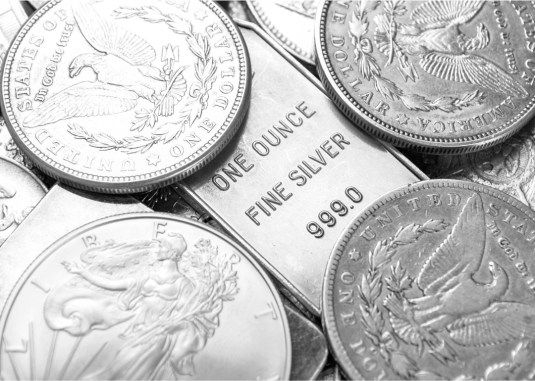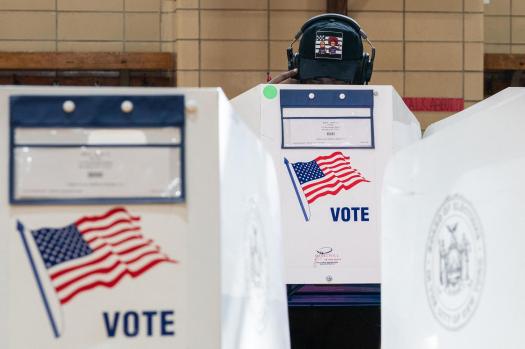Gold and silver coins can now be used as legal forms of payment in Florida after Governor Ron DeSantis signed House Bill 999 on May 28. Both governmental and private organizations may decide to take these precious metals under the new law in return for products, services, or debt repayment. If the final implementation details are approved by the Florida Legislature, the Act is scheduled to take effect on July 1, 2026.
This action is a component of Florida’s larger effort to demonstrate what state officials refer to as financial sovereignty. The state grants its citizens more flexibility over how they manage and safeguard their wealth by recognizing gold and silver as legal cash, particularly in light of inflation and changes in federal monetary policy.
This policy has political, economic, and ideological underpinnings. Proponents contend that precious metals provide protection against the depreciating value of the US currency, which can be influenced by significant federal spending and Federal Reserve actions. It is believed that gold and silver are reliable assets that hold their value throughout time.
By enacting this legislation, Florida is attempting to lessen its dependency on federal agencies and establish itself as a location for investors who prefer a decentralized financial system. Additionally, the state wants to draw in new financial industry companies including bullion dealers, alternative asset investors, and gold vaulting services.
The U.S. Constitution’s Article I, Section 10 permits states to accept gold and silver as legal currency, hence the law is based on constitutional authority. Florida is now promoting itself as a pro-precious-metals state, joining Utah and Wyoming, two other states that have passed similar legislation.
The full implementation of the measure necessitates the following pragmatic actions:
Purity requirements: To be eligible, silver must be 99.9% pure and gold must be at least 99.5% pure.
Tax treatment: State taxes would not apply to transactions involving gold or silver valued at more than $500.
Electronic payments: To expedite public use, state and local organizations must be able to handle gold and silver payments online.
The ultimate parliamentary approval of these items is still pending.
Critics point out that this action would undermine the Federal Reserve’s authority to oversee national monetary policy, even while supporters regard it as a means of maintaining financial stability. The Fed was created in 1913 with the goal of stabilizing the banking system and controlling the money supply. At least within the state, Florida might lessen the impact of those tools if it granted legal footing to an alternate form of payment.
The law gives citizens of Florida two options: employ gold and silver, which provide inflation protection but lack the flexibility of contemporary economic instruments, or stick with traditional fiat currency, which has federal support and flexibility.
Technically speaking, value degradation may be avoided by tying financial assets to a fixed commodity, such as gold. These metals can even be used in regular transactions if the right payment mechanisms and appraisal tools are available. However, this can limit the number of transactions owing of their limited quantity. Reserves of gold and silver, in contrast to fiat money, cannot be increased or created to boost economic growth during recessions.
This highlights a key issue: commodity-backed systems offer stability but are not scalable, whereas fiat currencies offer flexibility but are vulnerable to inflation. In the end, Florida’s approach might result in a hybrid system where precious metals and conventional cash coexist. Achieving this equilibrium would provide the state greater flexibility in adapting to changing economic circumstances.
Another possibility is that Florida might use derivatives to increase the scope of its monetary toolset. Exchange-traded funds (ETFs), gold futures, and options are examples of financial products that could help boost liquidity and flexibility without exclusively depending on physical reserves. To prevent undue speculation, this would necessitate unambiguous regulations.
More than merely a legal reform, House Bill 999 marks a change in Florida’s perspective on its place in the national financial discourse. The state is examining a route toward further economic diversity and decentralization by granting legal status to precious metals. In the upcoming years, the state’s capacity to strike a balance between stability, adaptability, and innovation will determine if this strategy is successful.
The CIO of the Jacksonville-based gold investment company C3 Bullion is Luciano Duque.












Commentary: As kids return to school, Florida continues to lead in education | Paul Renner